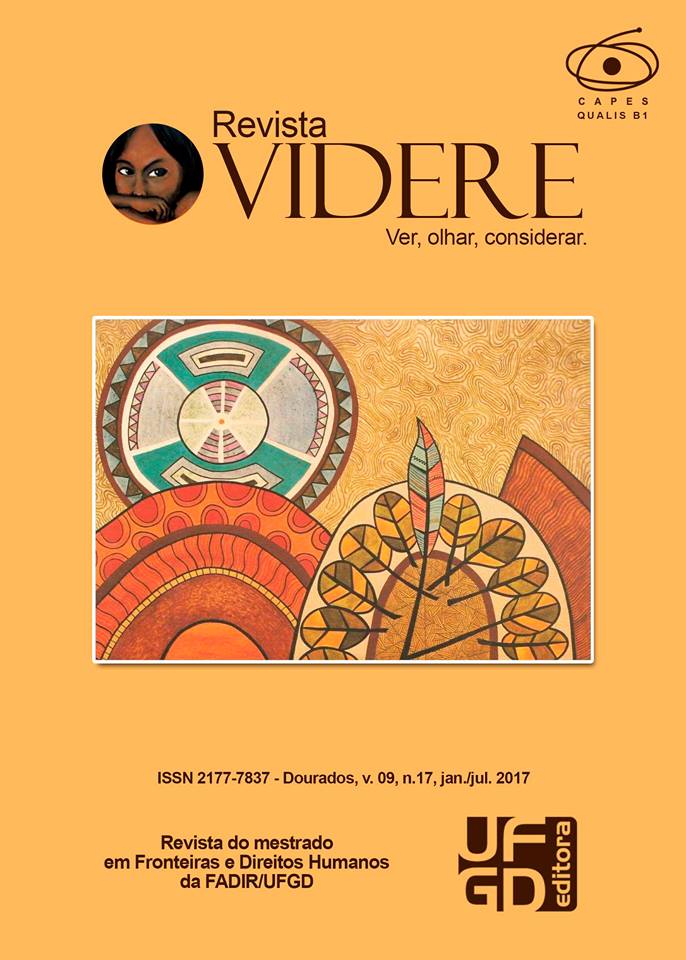Análise do populismo na democracia: entre as emoções e o racionalismo
DOI:
https://doi.org/10.30612/videre.v9i17.4917Keywords:
Democracia. Emoções. Populismo. Racionalidade.Abstract
Pretende-se, partindo da premissa da incidência das emoções no estudo da teoria democrática, sobretudo no contexto atual de escalada do populismo em movimentos radicais (em ambos os polos políticos: esquerda e direita), analisar a influência das emoções diante da conjuntura político-institucional atual pautada na racionalidade pública. A pergunta que move a elaboração do texto é: “as paixões e emoções deveriam exercer algum papel na legitimidade da política democrática?” Para responder essa questão é analisado o papel das emoções no cenário político contemporâneo (destacadamente no ambiente europeu) em especial no que tange os movimentos que utilizam discursos populistas. Como resultado, busca-se um replanejamento das dimensões e possibilidades da democracia deliberativa, abandonando teorias tradicionais quanto à racionalidade pública contrapondo-a à teoria agonística da democracia almejando uma compreensão crítica da teoria deliberativa democrática que leve em consideração o estudo das emoções como um dos seus pilares.Downloads
Downloads
Published
How to Cite
Issue
Section
License
Authors must accept the publication rules when submitting the journal, as well as agree to the following terms:
(a) The Editorial Board reserves the right to make changes to the Portuguese language in the originals to maintain the cultured standard of the language, while respecting the style of the authors.
(b) Authors retain the copyright and grant the journal the right to first publication, with the work simultaneously licensed under the Attribution-NonCommercial-ShareAlike 3.0 Brazil (CC BY-NC-SA 3.0 BR) that allows: Share - copy and redistribute the material in any medium or format and Adapt - remix, transform, and create from the material. CC BY-NC-SA 3.0 BR considers the following terms:
- Attribution - You must give the appropriate credit, provide a link to the license and indicate whether changes have been made. You must do so under any reasonable circumstances, but in no way that would suggest that the licensor supports you or your use.
- NonCommercial - You may not use the material for commercial purposes.
- Sharing - If you remix, transform, or create from material, you must distribute your contributions under the same license as the original.
- No additional restrictions - You may not apply legal terms or technological measures that legally restrict others from doing anything that the license permits.
(c) After publication, authors are allowed and encouraged to publish and distribute their work online - in institutional repositories, personal page, social network or other scientific dissemination sites, as long as the publication is not for commercial purposes.



















